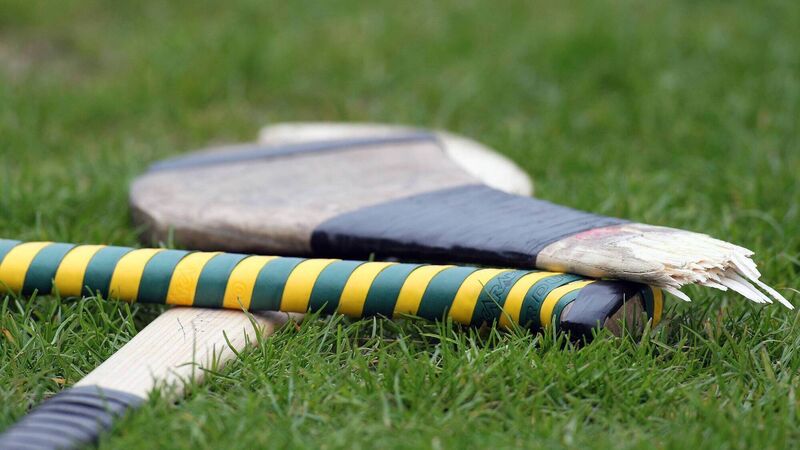Enda McEvoy: The great hurling men of the nation aren't happy unless they are angry

Hurling man will rush to point out the many flaws of the modern game: ‘Too many points. Not enough goals. The rules changing while we were sleeping and without anyone having the decency to inform us. Refs blowing too frequently for fouls. Refs blowing too frequently for non-fouls. Too many games that became glorified freetaking contests.’
can come out from behind the sofa now. It’s almost over. By teatime tomorrow the giant primal scream therapy session that masqueraded as the 2021 National Hurling League will have ended, give or take a final that - aptly for a competition which only half-existed in the first place – may or not be held. Life will be sane again. Phew.
We know what loves about hurling. He loves everything that makes the sport beautiful, the whole stern naked grandeur stuff. The additional importance of the collegiality and community of it all was well captured by Derek McGrath on RTÉ last Sunday night.











